Dr. Clark, Harlem and the War on Poverty
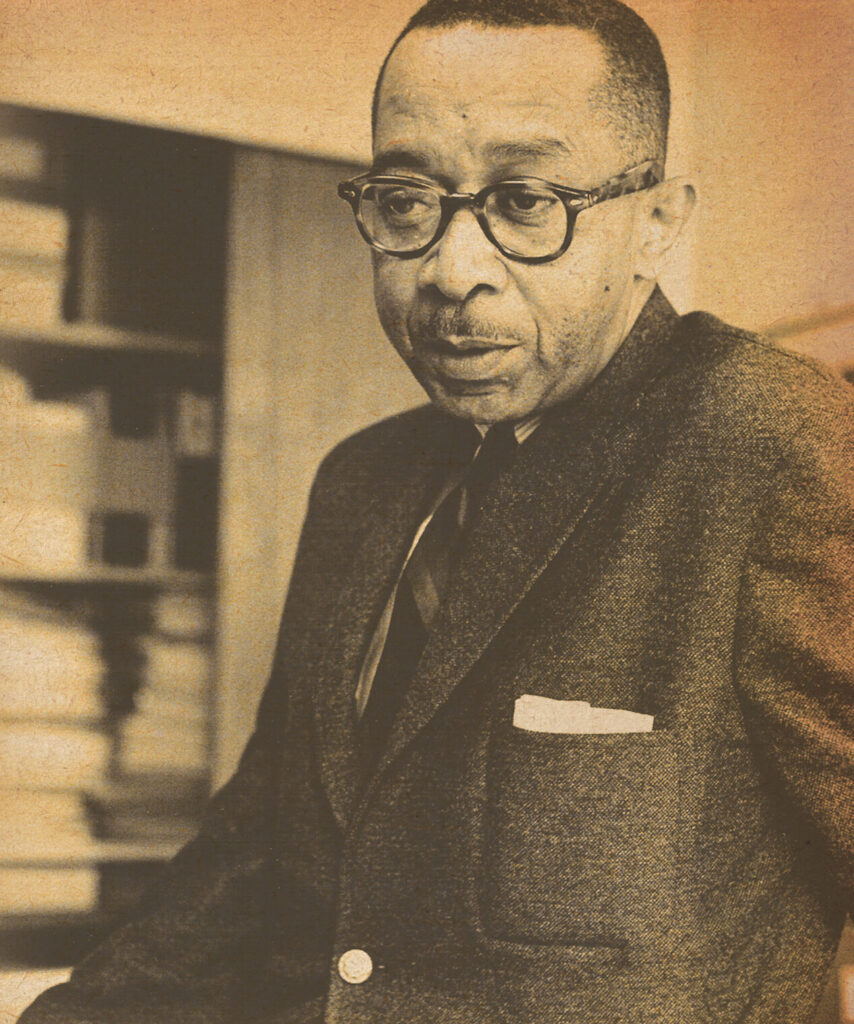
(Photo courtesy of Northside Center for Child Development)
In the 1960s, Clark began to reexamine the respective psychological complexes of race and poverty. Clark’s research and major concern involved the juvenile delinquency of Harlem youth. His interests were focused on establishing interracial public schools, accountability in the schools, and a redesign of educational programs that focused on the improvement of reading skills.
Becoming part of an elite cadre of African American intellectuals following the Brown decision with close ties to both black and white power brokers, Clark formed personal and professional friendships with towering figures such as Dr. Martin Luther King, Jr., Malcolm X, James Baldwin, Supreme Court Justice Thurgood Marshall and Swedish economist Gunnar Myrdal. He had the ear of both the Kennedy and Johnson administrations. Through these friendships and as chairman of Harlem Youth Opportunities Unlimited (HARYOU), an ambitious three-year $110 million prototype for the War on Poverty, Clark was hopeful he and his staff could rebuild Harlem’s psychological and physical environment, political economy and cultural life through community action on the part of the residents themselves. Sabotaged by urban politics, Clark stepped down as its chairman in 1966.
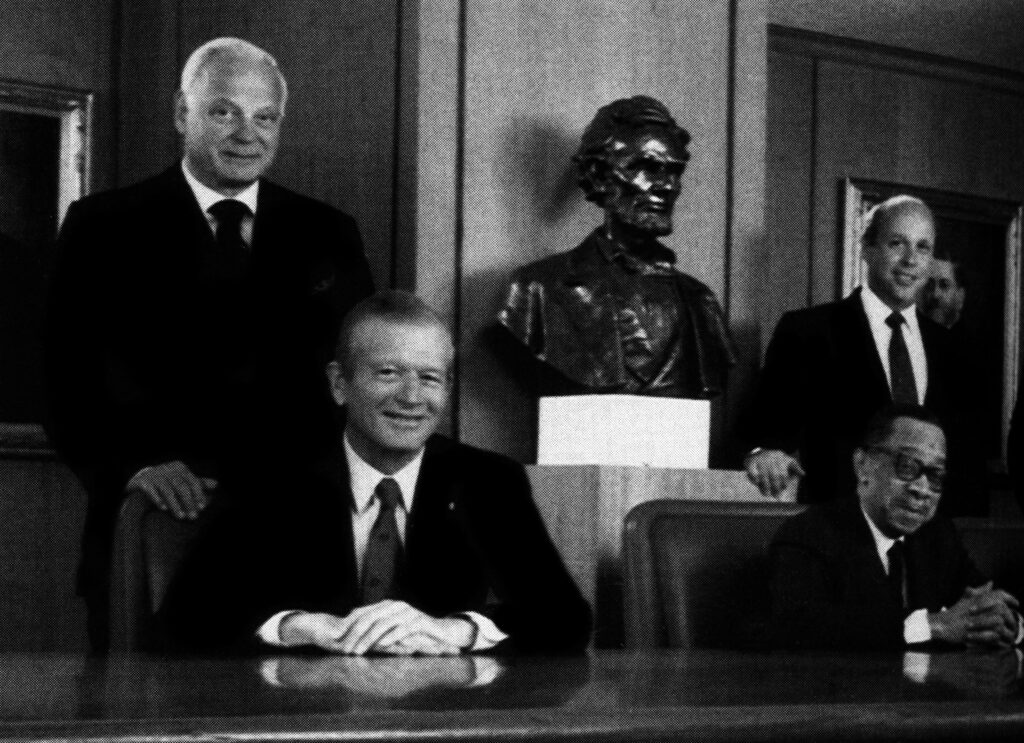
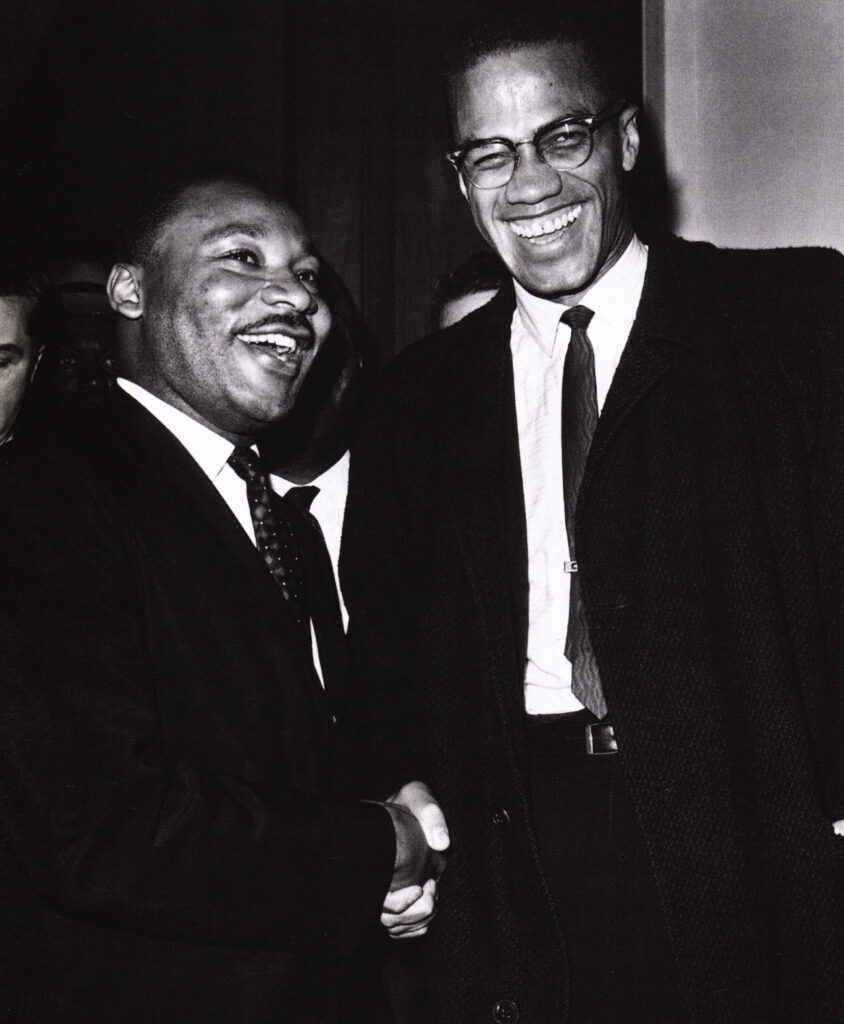
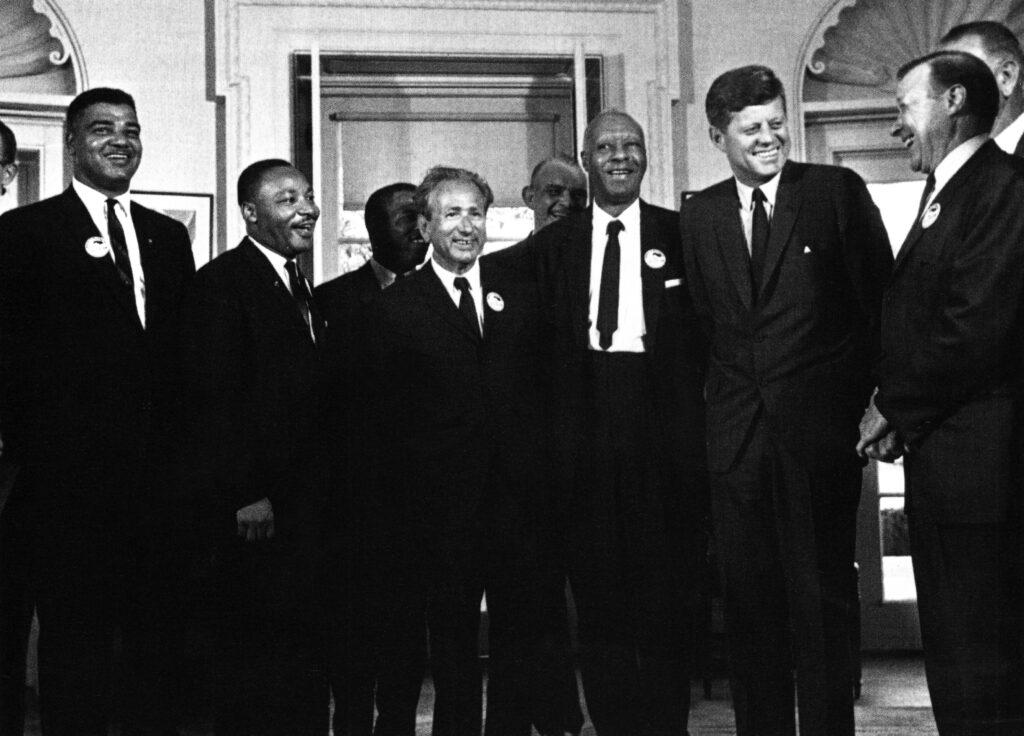
(Kasher, The Civil Rights Movement; photo courtesy of United Press International)
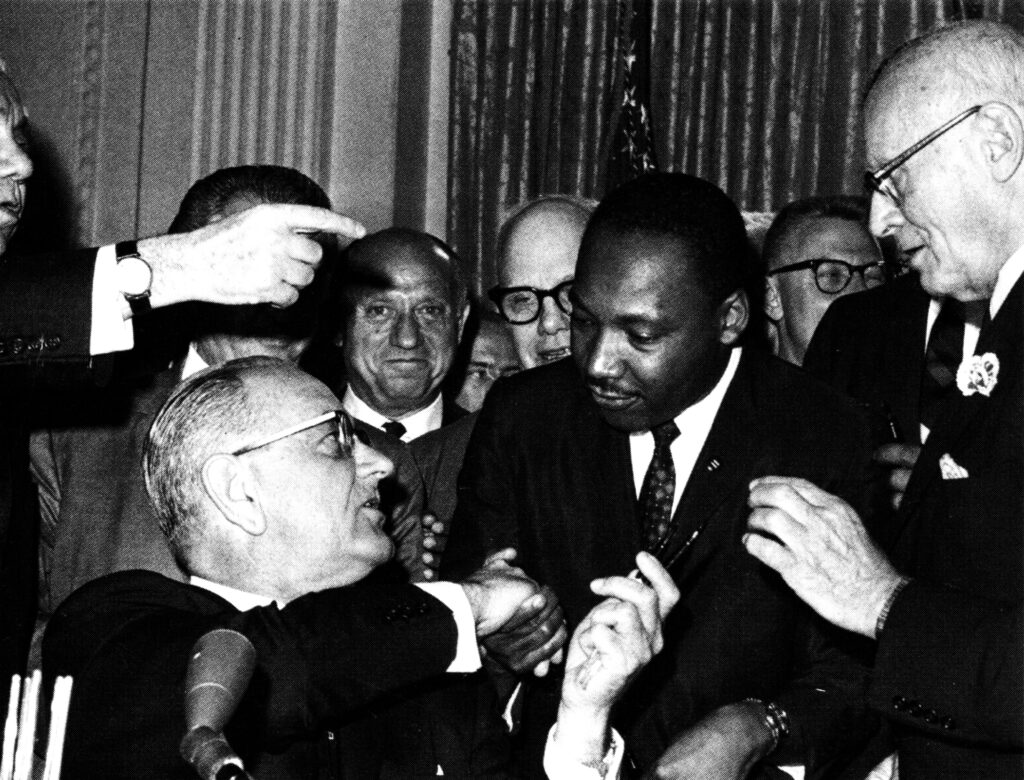
photo courtesy of United Press International)
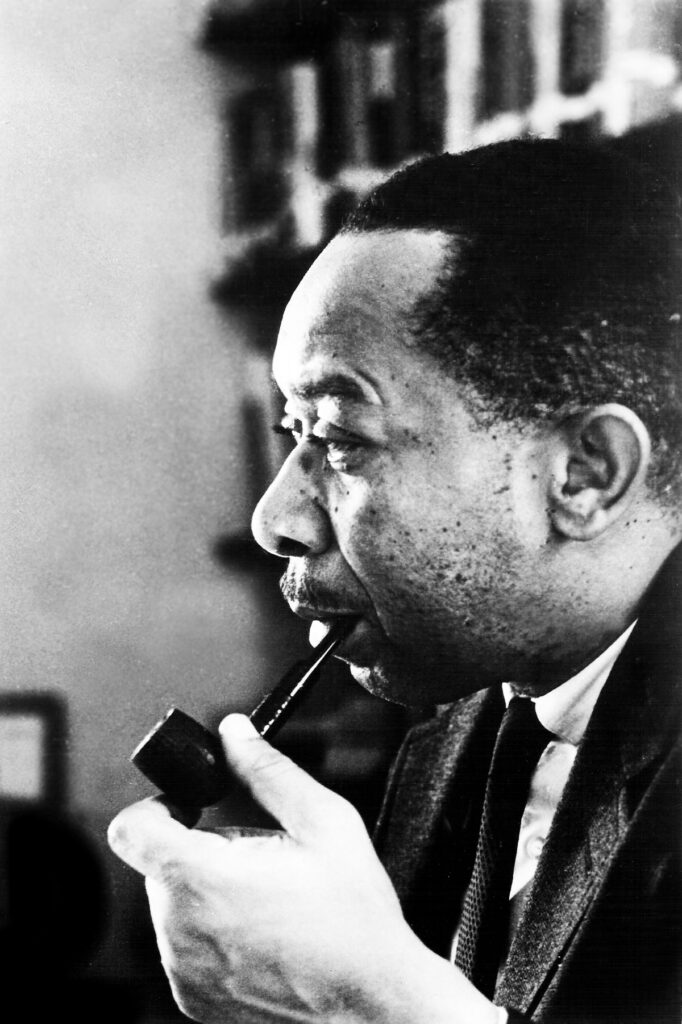
Still optimistic after the failure of HARYOU, Clark’s activism continued. In 1967 Clark formed and presided over Metropolitan Applied Research Center (MARC), a nonprofit corporation composed of a group of social scientists and other professionals that advocated for the empowerment of disadvantaged people in the areas of education, housing, welfare and welfare rights, employment and job training. In 1975 he established Clark, Phipps, Clark & Harris, a family owned management consulting firm providing counsel to government agencies, foundations, private corporations, and financial and educational institutions. As a member of the Board of Regents of the State of New York (1966-1986), Dr. Clark consistently emphasized the depth of the problems of American racism and its effect on inner city youth.

